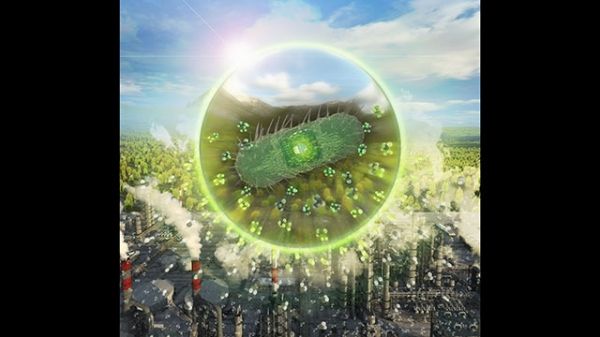Bacteria are known for breaking down lactose to make yogurt and sugar to make beer. Now researchers led by Northwestern University and LanzaTech have harnessed bacteria to break down waste carbon dioxide (CO2) to make valuable industrial chemicals.
In a new pilot study, the researchers selected, engineered and optimized a bacteria strain and then successfully demonstrated its ability to convert CO2 into acetone and isopropanol (IPA).
Not only does this new gas fermentation process remove greenhouse gases from the atmosphere, it also avoids using fossil fuels, which are typically needed to generate acetone and IPA. After performing life-cycle analysis, the team found the carbon-negative platform could reduce greenhouse gas emissions by 160% as compared to conventional processes, if widely adopted.
The study was published today (Feb. 21) in the journal Nature Biotechnology.
Continue reading at Northwestern University
Image via Northwestern University


